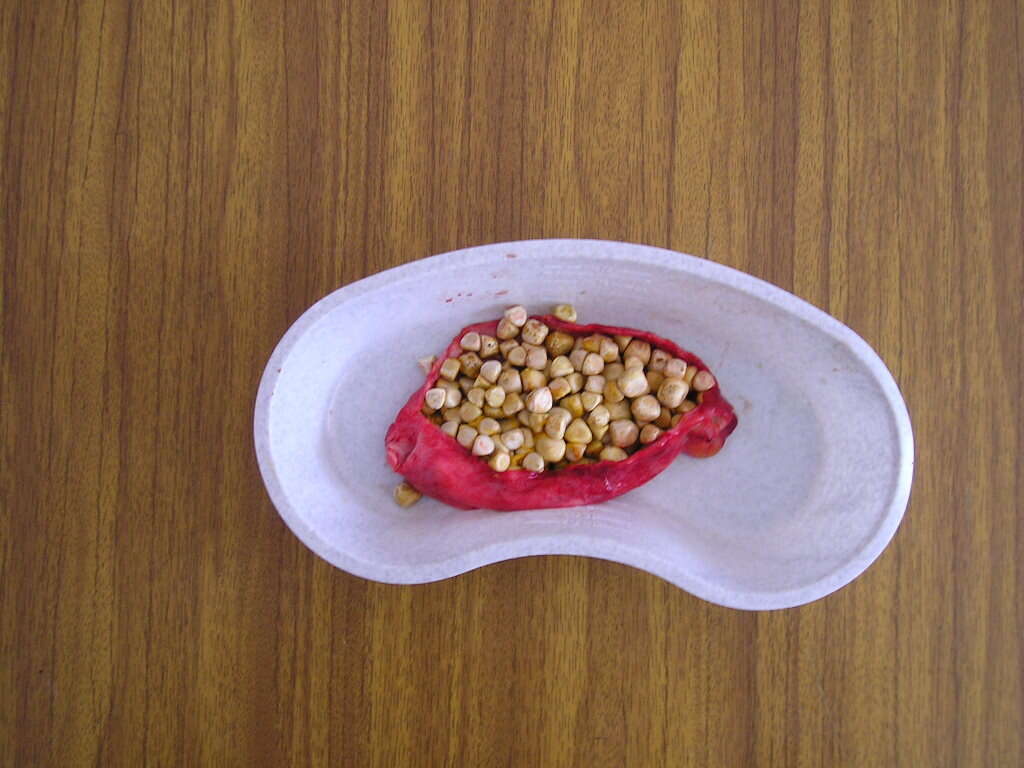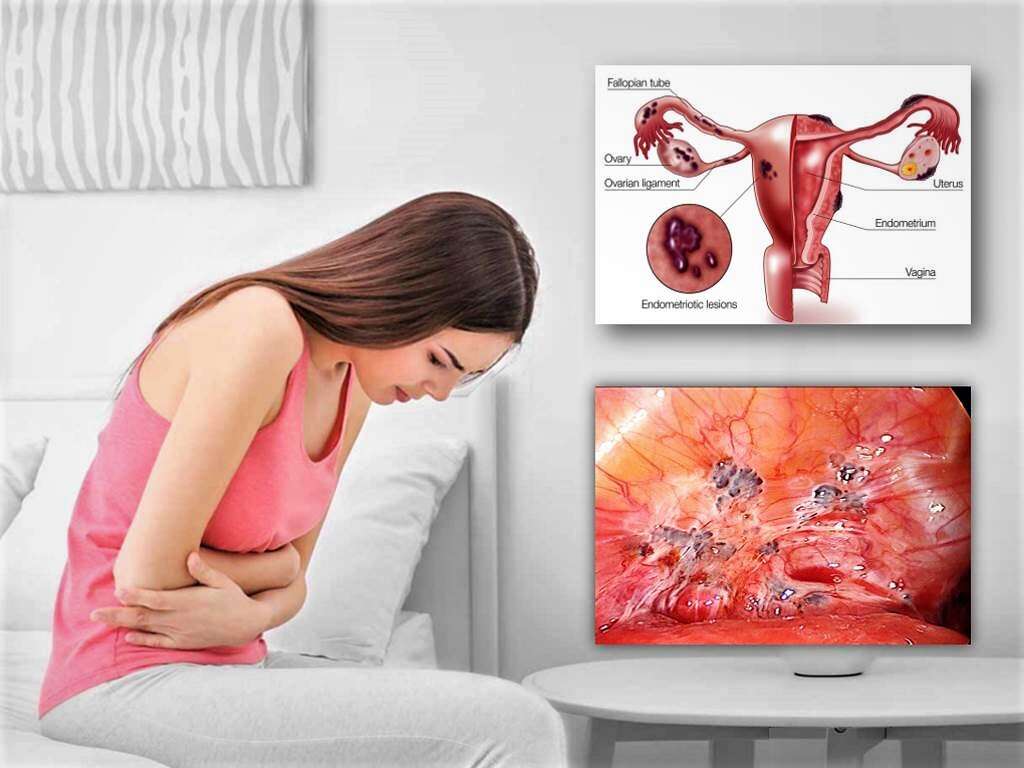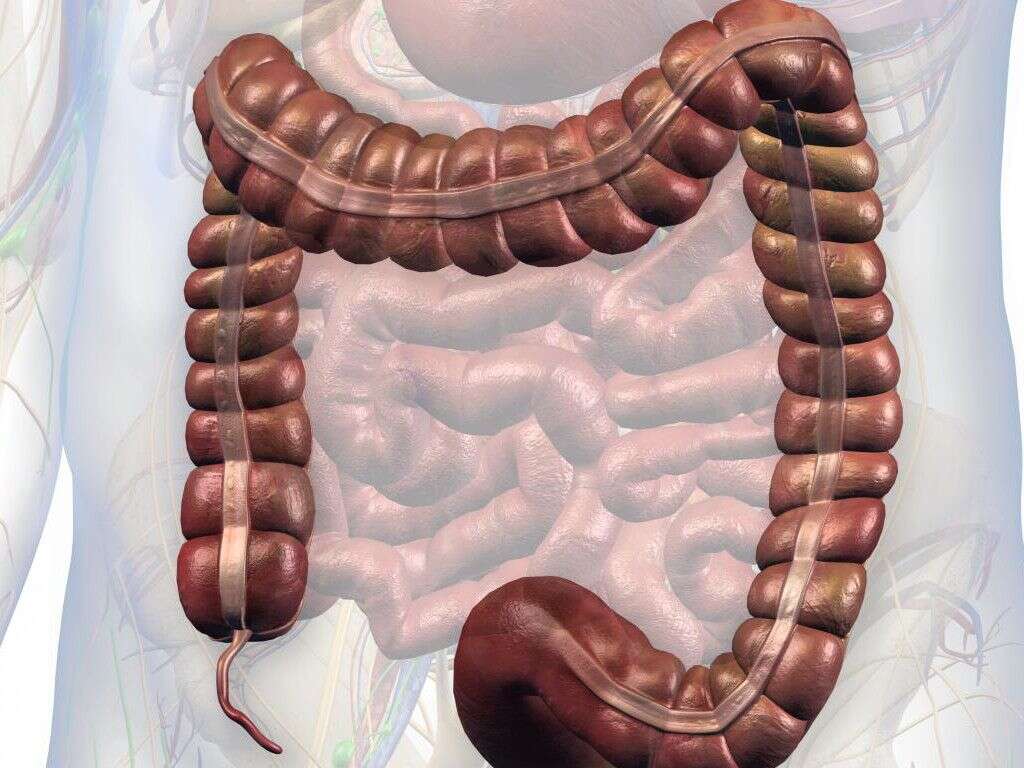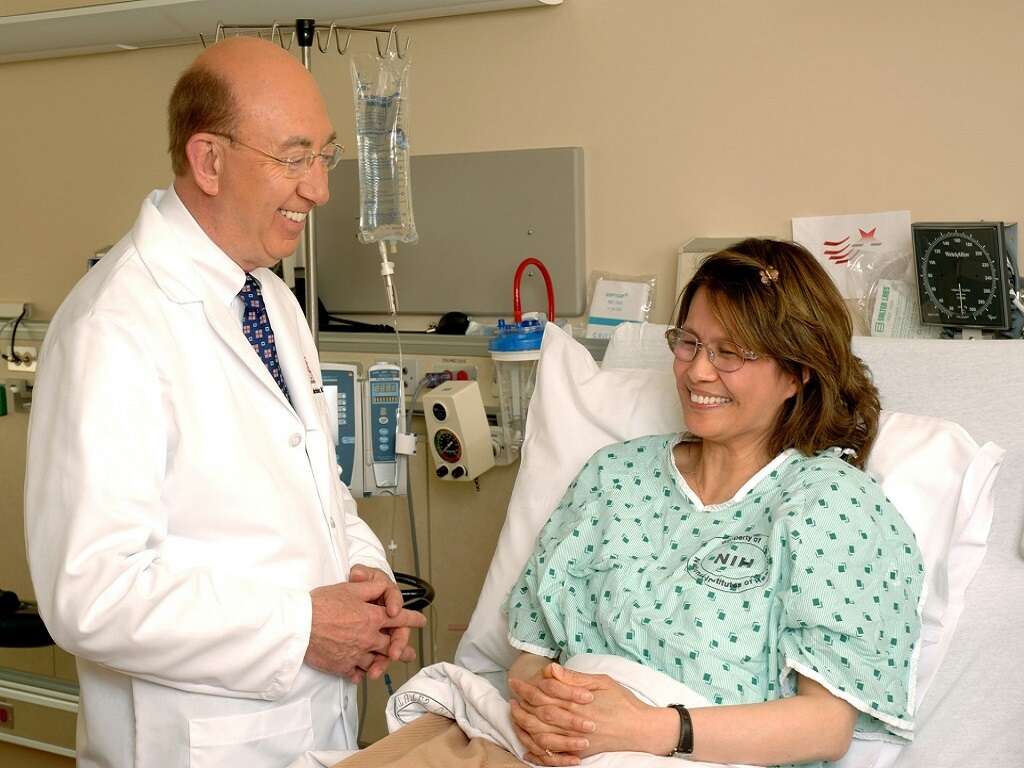10 Causes of Stomach Pain
We’ve all had stomach pains at least once in our lives. However, a lot of us don’t realize that many of these stomach pains are quite possibly caused by something aside from our stomachs! Any organ in our abdomen could be responsible for the feeling of the well-known stomach ache, and there are many different kinds of stomach problems that can cause discomfort.
Today we’re going to look at some of the most common problems that can cause stomach pain. Some of these problems are acute and short-term, others are chronic and quite difficult to deal with. Hopefully by the end of the article, you’ll have narrowed down the possibilities of what’s causing your stomach pain!

Cause #1: Gallstones
While gallstones may be formed in the gallbladder, a little pouch that’s attached to the liver, it can certainly feel like your stomach’s in pain if you’re not entirely sure exactly what your gallbladder is supposed to feel like.
Gallstones can cause serious swelling and also obstruct the bile duct that leads to your intestines. This obstruction can lead to pain that is usually reported in the upper-right part of the abdomen. You’re more likely to experience pain from gallstones if you eat a meal with lots of fat: these cause the gallbladder to contract, amplifying the discomfort and pain.

Cause #2: Pancreatitis
Pancreatitis is a condition that’s caused by the inflammation of the pancreas. The typical symptoms include a painful sensation of burning in the higher and middle parts of the abdomen. Serious cases of pancreatitis can actually cause jolts of pain that shoot through the abdomen and into the back.
If you notice yourself often leaning forward or lying on your back to try and alleviate the feeling of stomach pain, which will then recede into a mild ache, being nauseous, and throwing up, then you may be suffering from pancreatitis.

Cause #3: Lactose Intolerance
You’d probably know by now if you had an intolerance to milk products, right? Not necessarily. A lot of people don’t realize that you can actually develop an intolerance to lactose even after eating and drinking dairy products for many years.
Lactose intolerant people are actually a majority in many parts of the world, so don’t think that it’s unlikely that you can’t properly digest lactose. If you experience bloating, diarrhea, burping, excessive gas, or intestinal discomfort after eating dairy products, it’s reasonable to assume you have a lactose intolerance.

Cause #4: Medication
There are a ton of medications that can cause nausea and stomach upset, and many doctors will tell you about this when you first begin taking them. However, not all doctors will warn you about the side effects of certain medications if they’re rather unlikely to occur.
That said, most drugs can cause nausea to some degree in people who are sensitive. Common drugs that cause stomach discomfort are NSAIDs like aspirin and ibuprofen, painkillers, muscle relaxants, and sleeping pills. Even supplements that are taken for health can cause stomach problems if they’re taken without first getting to know how you react to the ingredients.

Cause #5: Gluten Intolerance
While gluten intolerance isn’t nearly as prominent as many of us are led to believe, there are still quite a few of us who have difficulty digesting gluten. Gluten is a sticky protein that’s found in wheat, barley, and rye. Those who can’t digest it will face stomach upset and other digestive issues because the gluten can damage the small intestine.
Too much gluten - even in people who can digest it properly, will obstruct the intestines and prevent them from absorbing nutrients. Symptoms include gas, bloating, pain ranging from mild to intense, and fatigue. These symptoms become amplified if a person suffers from celiac disease, a serious form of gluten intolerance.

Cause #6: Endometriosis
Endometriosis is a condition that can only affect woman. It’s caused when the cells of the uterus become detached and begin to proliferate in other areas of the body, usually somewhere in the pelvic region.
The most common symptoms of endometriosis are pain, discomfort, abnormal bleeding, and infertility. It’s not a very easy condition to diagnose and can easily be confused with other menstrual problems. This problem can be reduced with pain medication and hormonal treatments, or surgery in more serious cases.

Cause #7: Thyroid problems
You might not suspect the thyroid to be a factor in a digestive issue, but let it be known that the thyroid affects and regulates a lot more than the immediate area that it resides in. One of the things that it takes care of is the digestive tract.
If your thyroid is overactive, it’ll overstimulate the digestive tract which can cause problems like diarrhea and cramping. Conversely, an under active thyroid will inhibit the digestion of food, causing constipation and related pain or discomfort.

Cause #8: Appendicitis
Most of us have heard, and been afraid, of appendicitis at least once during our lives. Appendicitis is a condition that’s marked by inflammation of this strange little sub-organ that most of us don’t know the function of.
Usually when someone’s experiencing appendicitis, they go through pain that’s severe enough to get them heading to the hospital right away. Appendicitis is a lot more common among young children and adults than it is among older adults. The pain usually begins around the middle of the abdomen and moves down to the lower-right.
Symptoms of appendicitis may flare when moving the legs because this uses a muscle that’s located near your appendix. If you have appendicitis, you may need to have it removed.

Cause #9: Ulcers
Peptic ulcers are a relatively common condition that can affect the stomach and other areas of the digestive tract, particularly the duodenum, which is the first bit of the small intestine. Peptic ulcers can be caused by stress, alcohol, heredity, and several other things including excessive use of NSAIDs like aspirin and Tylenol.
The pain from an ulcer will be more serious after eating, especially after eating something spicy. One of the best ways to treat ulcers is by using antibiotics and drugs that deacidify the stomach, as well as making sure to eat alkaline foods.

Cause #10: Stress
In addition to causing peptic ulcers, stress can also cause some pain on its own. Stress is one of the most well-researched things that can cause psychosomatic symptoms - physical symptoms that emerge as a result of mental activity.
Stress is well-known for causing headaches, blood pressure spikes, insomnia, and nausea. Depression has also been linked to stomach problems as well as stress, so having either can contribute to stomach problems.
This is a two-way cycle, because stress can cause stomach pain, but unidentified stomach pain can also cause stress. This can make it difficult to identify the real cause of the problem.












